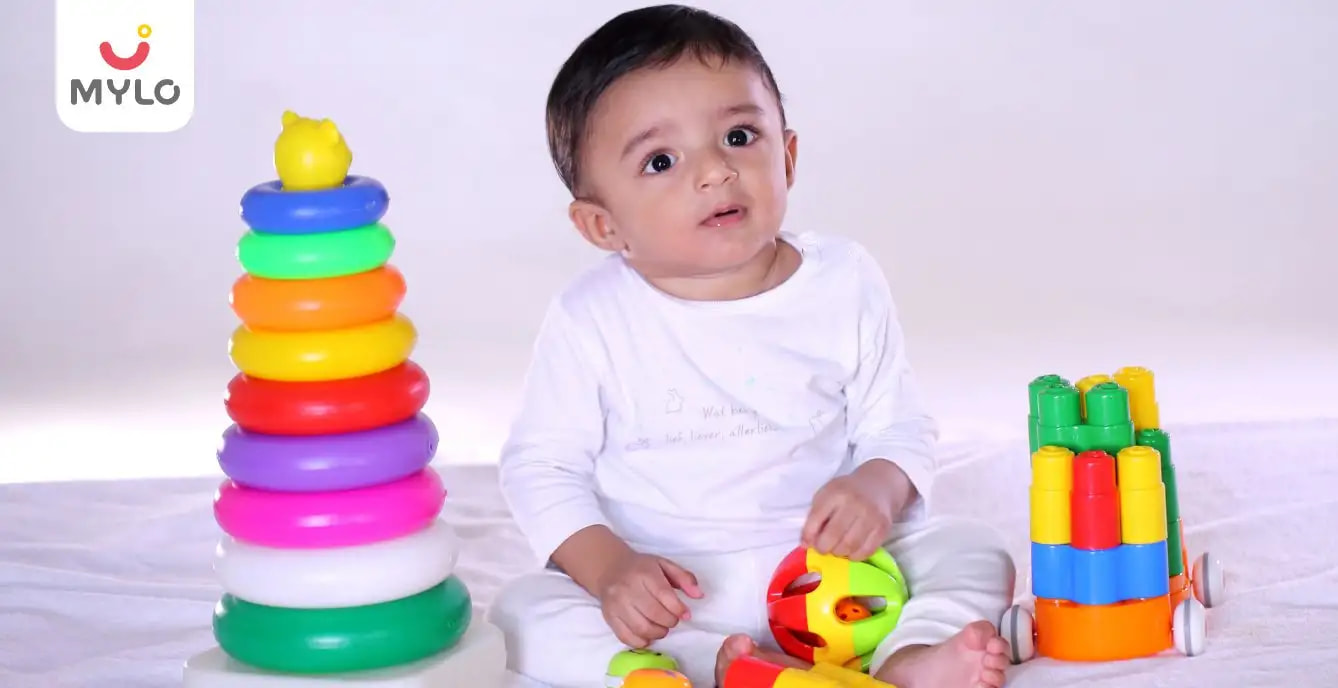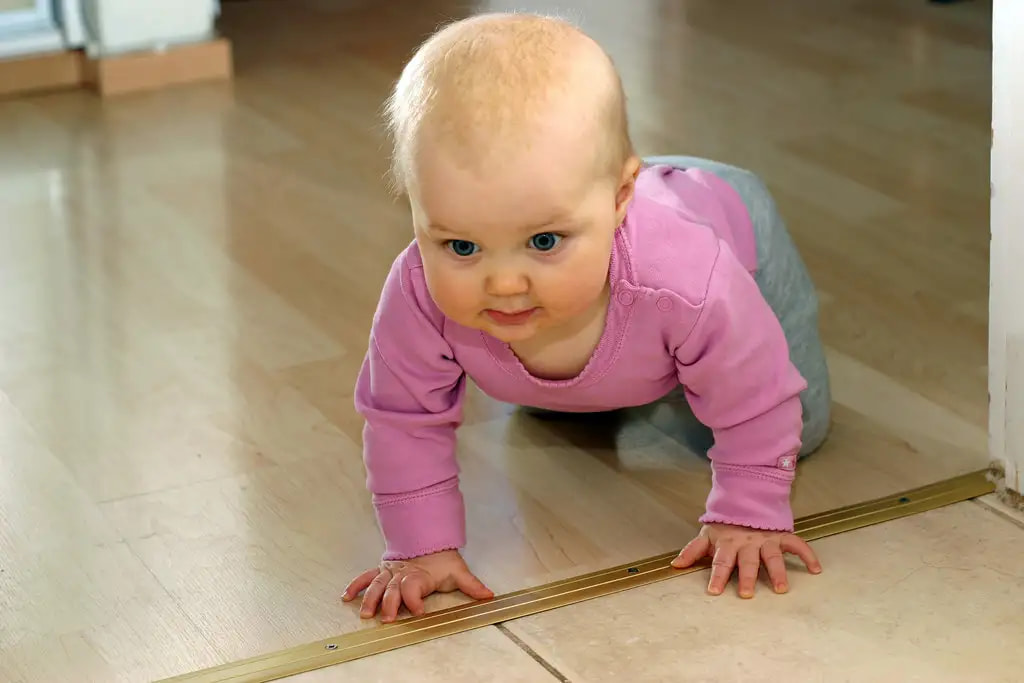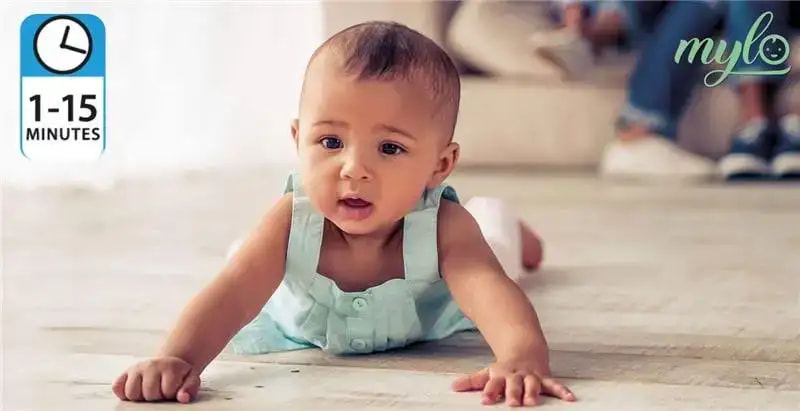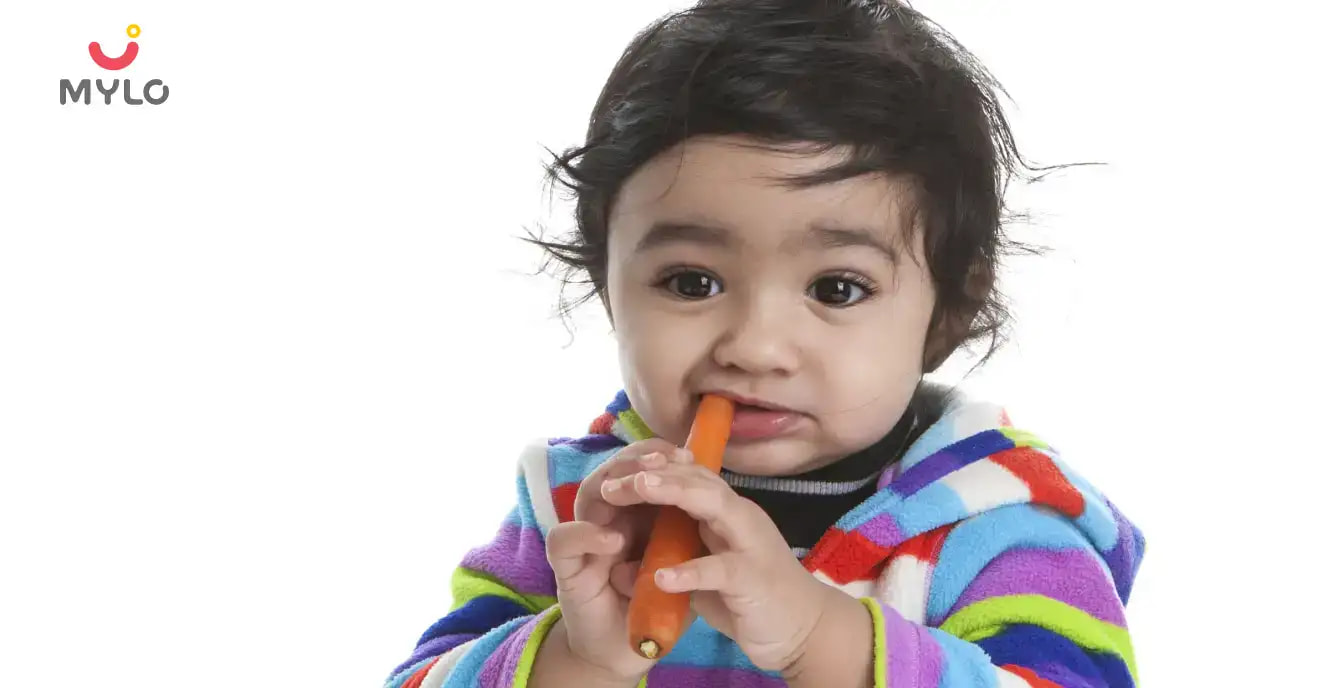Home

Motor Skills

When Do Babies Start Walking?
In this Article
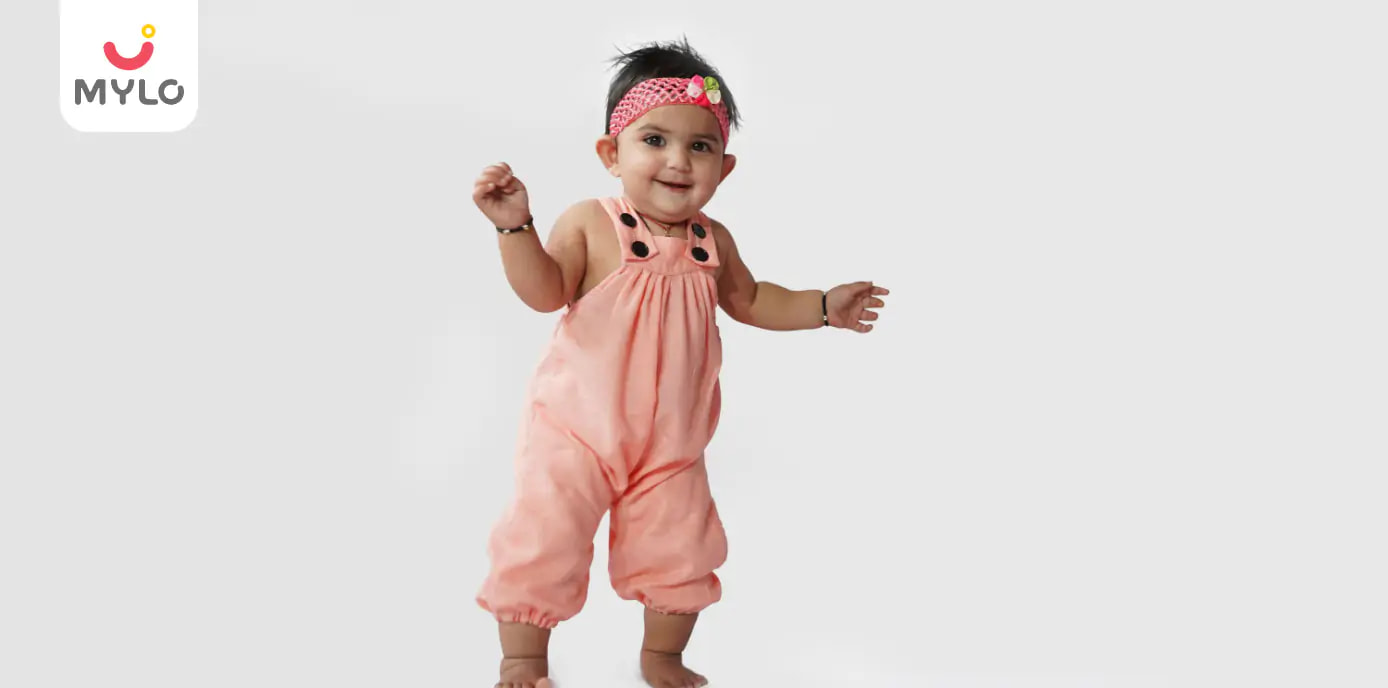
Motor Skills
When Do Babies Start Walking?
Updated on 21 September 2023
Of all the baby milestones, learning to walk is the one parents look forward to the most because it means that their baby is taking the first steps to independence. Besides what could be a more joyful moment than a baby walking into the arms of their parents? In this article, we will discuss when babies start walking, signs baby will walk soon and how to encourage your baby to walk.
When Do Babies Walk?
Over the course of your baby's first year, they will gradually gain coordination and muscle strength and learn to push themselves off the floor, roll, scoot and crawl. Your baby will first learn to pull themself up.
He/she may be able to stand holding on to something around the age of 6-10 months.
After that, it’s just a matter of gaining balance and confidence. Most babies take their first steps around their first birthday and are able to walk alone by 18 months.
Remember every baby is unique and you shouldn’t worry if your baby takes a little longer to start walking. Some babies don't walk until they are 17-18 months old. Babies who bottom-shuffle usually walk later than babies who crawl.
How Babies Develop Walking Skills?
Babies develop walking skills gradually over the course of their first year. Here are the major movement milestones babies achieve before they start walking:
Newborn to 2 months
From birth, babies have the reflex to brace their legs against a surface they feel under their feet. For example, if you hold your newborn on your lap while supporting the head, you'll notice him/her trying to use their legs. They’re not trying to walk, it's just the instincts kicking in. This reflex will disappear in a couple of months.
5 months to 8 months
By the time your baby is five months old, if you let him/her balance their feet on your thighs, they will bounce up and down. Bouncing will be your baby’s favourite activity over the next couple of months.
Gradually your baby will learn to roll over, sit, and crawl as their muscles continue to strengthen.
Between 8-10 months your little one will start trying to pull himself up to while holding onto furniture (cruising). If you prop him/her up next to the sofa; they will hang on for support.
Soon, he/she may feel confident enough to let go of any support and stand unaided. Once your baby is ready to let go of the furniture, they may be able to take their first steps holding your hands. Your baby may even bend down to pick up a toy when standing.
9 months to 1 year
Around 9-10 months, your baby will begin to understand how to bend their knees and learn to sit after standing.
By 11 months your little one will probably be able to stand unaided, stoop, and squat. By 12 months he/she may walk while gripping your hand, though they may not take their first steps alone for a little while longer. Most babies make early strides with their feet apart and toes turned inward or outward.
At 13 months, your baby may start walking on their own even if unsteadily. However, if your baby is still cruising, walking on their own is going to take a little longer. Some babies don't walk until they are 17 months or 18 months old.
What Are the Signs That Highlight Your Baby Will Walk Soon?
Here are some of the signs baby will walk soon:
- Pulling up to stand
- Undertaking daring adventures
- Cruising around
- Fussiness and changing sleep patterns
- Walking with support
- Standing independently
How to Help Your Baby Learn to Walk?
Your baby has an innate ability to become mobile and start walking. Instead of worrying about when they will start walking, you can just sit back and let them explore their abilities and take their own sweet time. At the same time, you can also encourage them to walk at each stage.
When your baby starts to creep and crawl, you should try placing their favourite toy out of reach so they can work harder to come and get it.
When your baby is cruising, ask them to come to you so they can let of the furniture, take a step and grab your hand.
If your baby is crawling and beginning to stand up then you must encourage and teach your baby how to start walking.
What To Do If Your Baby Doesn't Walk?
There can be numerous reasons for late walking in babies but there is no need to panic. Your baby can reach the walking milestone anytime between 9-18 months. However, if your baby has turned 18 months and still isn’t walking, you should speak to the doctor. You can also consult your doctor if your baby hasn’t displayed any signs of walking readiness. It’s best to intervene early and identify and eliminate any developmental problems in your baby.
Every baby is unique and so is their journey to taking their first steps. That day isn’t far when you watch your baby walking into your arms, just be patient and keep encouraging them.



Written by
Ravish Goyal
Official account of Mylo Editor
Read MoreGet baby's diet chart, and growth tips

Related Articles
Related Topics
RECENTLY PUBLISHED ARTICLES
our most recent articles
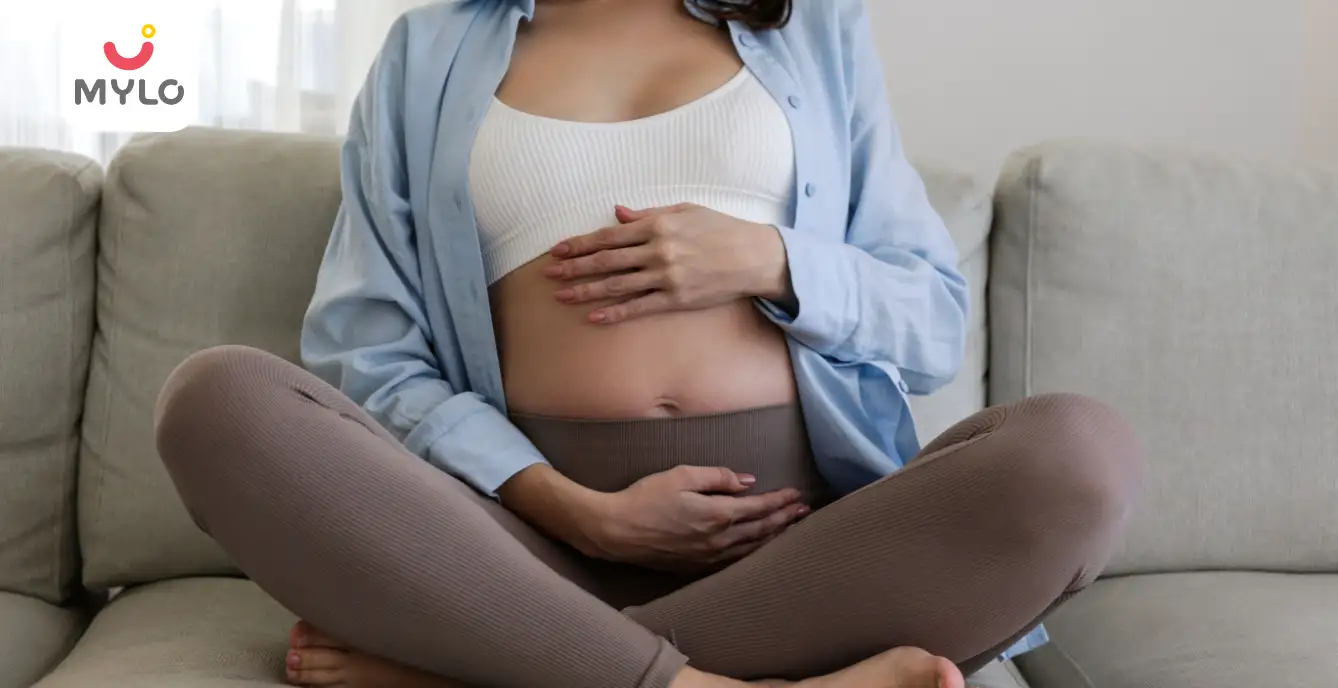
Second Trimester
The Ultimate Guide to 4th Month Pregnancy Symptoms

Pregnancy Journey
Your Guide to 2 Months Pregnant Symptoms: What to Expect

Nutrition Tips
The Ultimate Balanced Diet Chart: Your Guide to Optimal Nutrition
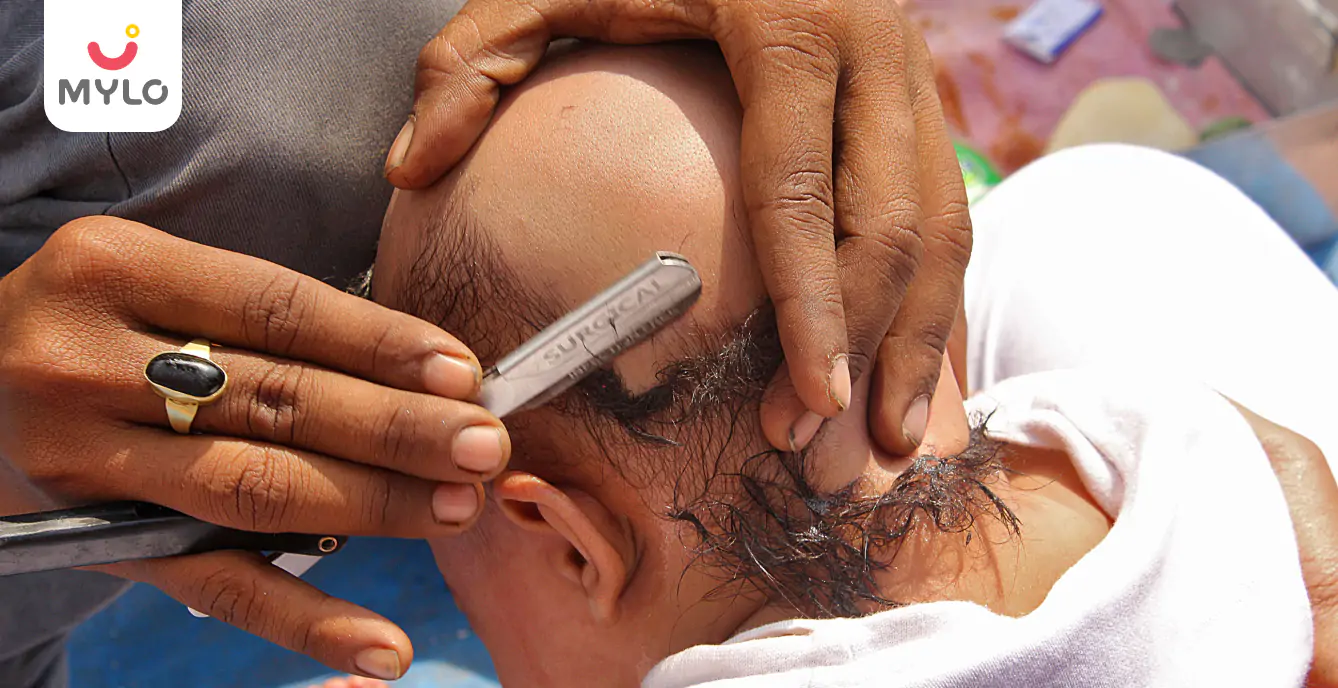
Care for Baby
Mundan Ceremony: A New Parent's Guide to Customs, Traditions and Celebrations

PCOS & PCOD
Dates for PCOS: How to Harness their Health Benefits
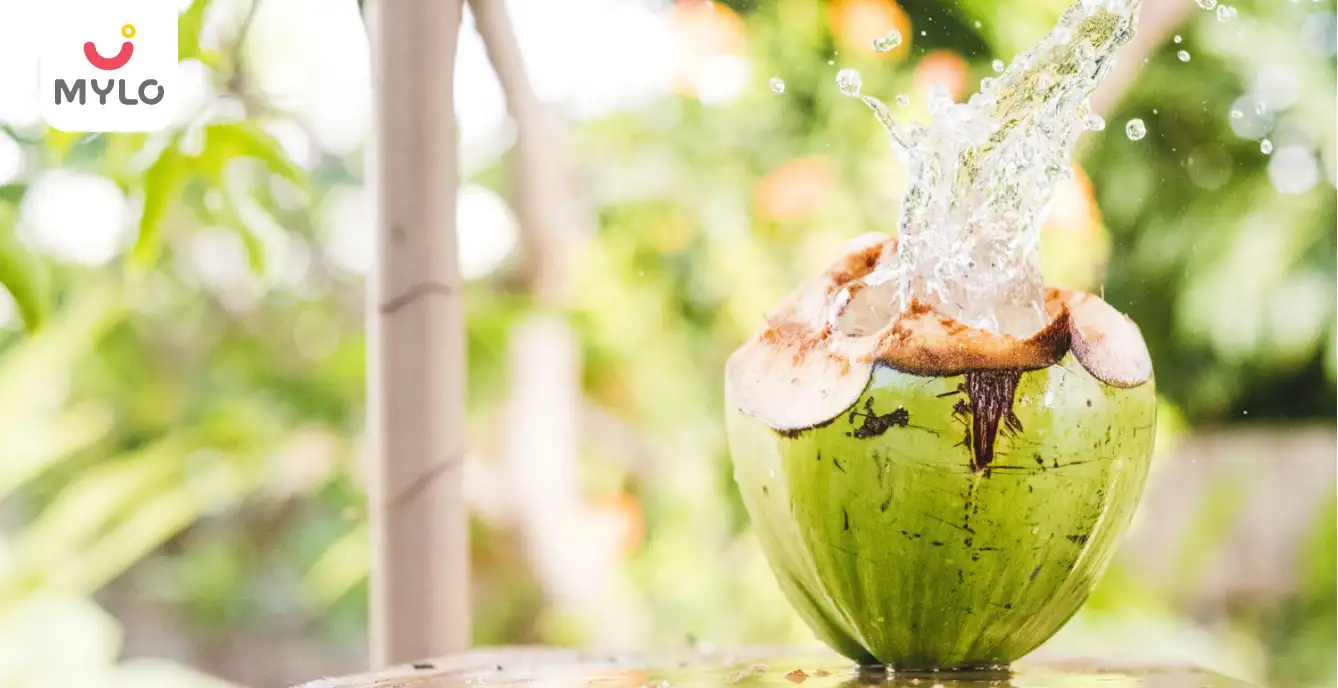
PCOS & PCOD
Coconut Water for PCOS: Discovering the Natural Support You've Been Missing
- Everything You Need to Know About the Length of Vagina
- Herbs for Male Fertility: Exploring Herbal Solutions for Male Reproductive Health
- Is Banana Good for PCOS: A Comprehensive Guide to Understanding Their Relationship
- Flax Seeds for PCOS: How This Superfood Can Improve Symptoms
- Shankhpushpi: Discover the Health Benefits of This Ancient Herb
- Chamomile: The Ultimate Guide to Discovering its Medicinal Properties and Health Benefits
- Endometrial Thickness in Pregnancy: Your Guide to Understanding What is Normal
- Hypomenorrhea: When Your Period is Lighter Than Usual
- Anti Mullerian Hormone Test: The Key to Early Detection of Fertility Issues
- Benefits of HSG Test: The Secret to Boosting Your Chances of Getting Pregnant
- Deviry Tablet Uses: How to Maximize The Benefits for Your Reproductive Health
- Endometrial Thickness for IVF: The Ultimate Guide to Successful IVF Outcomes
- Normal Endometrial Thickness: A Key Indicator of Female Fertility
- Uterine Artery Embolization: A Non-Invasive Solution for Fibroids


AWARDS AND RECOGNITION

Mylo wins Forbes D2C Disruptor award

Mylo wins The Economic Times Promising Brands 2022
AS SEEN IN

- Mylo Care: Effective and science-backed personal care and wellness solutions for a joyful you.
- Mylo Baby: Science-backed, gentle and effective personal care & hygiene range for your little one.
- Mylo Community: Trusted and empathetic community of 10mn+ parents and experts.
Product Categories
baby carrier | baby soap | baby wipes | stretch marks cream | baby cream | baby shampoo | baby massage oil | baby hair oil | stretch marks oil | baby body wash | baby powder | baby lotion | diaper rash cream | newborn diapers | teether | baby kajal | baby diapers | cloth diapers |



